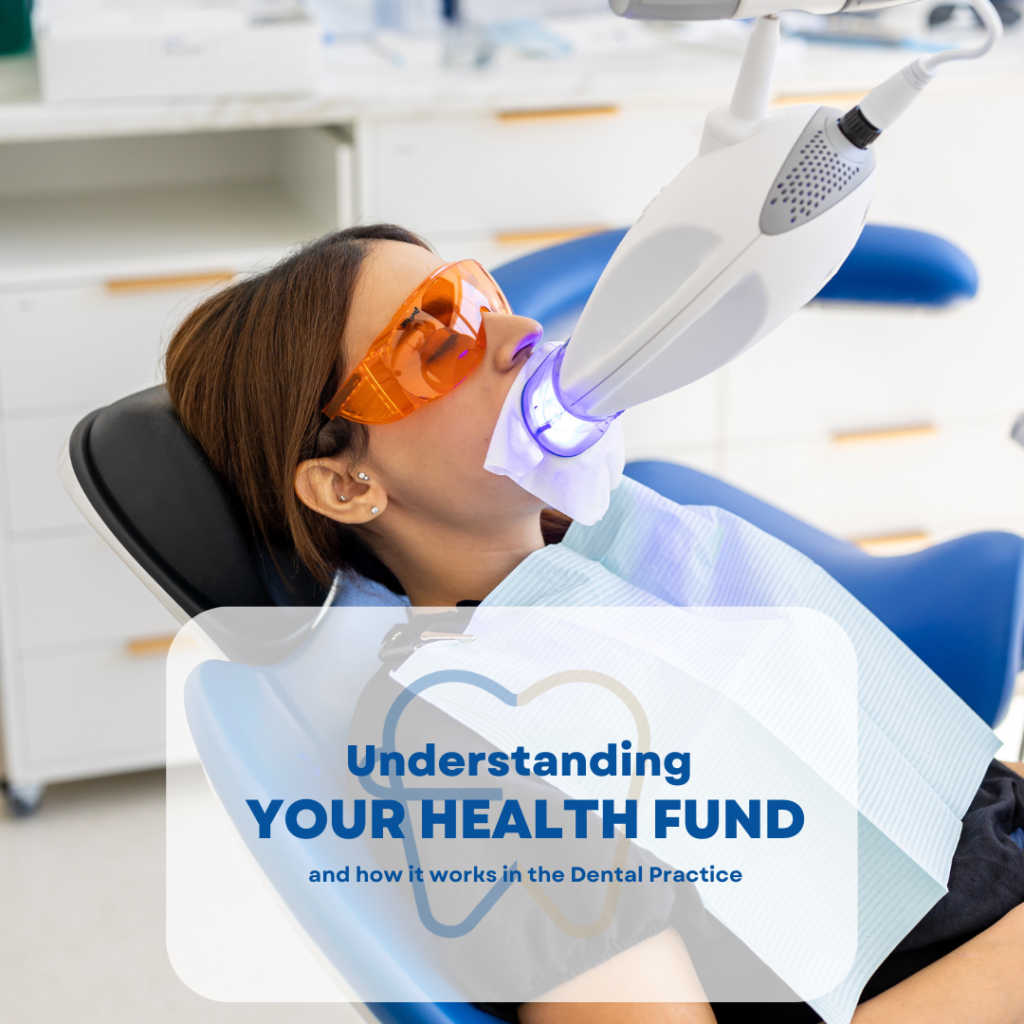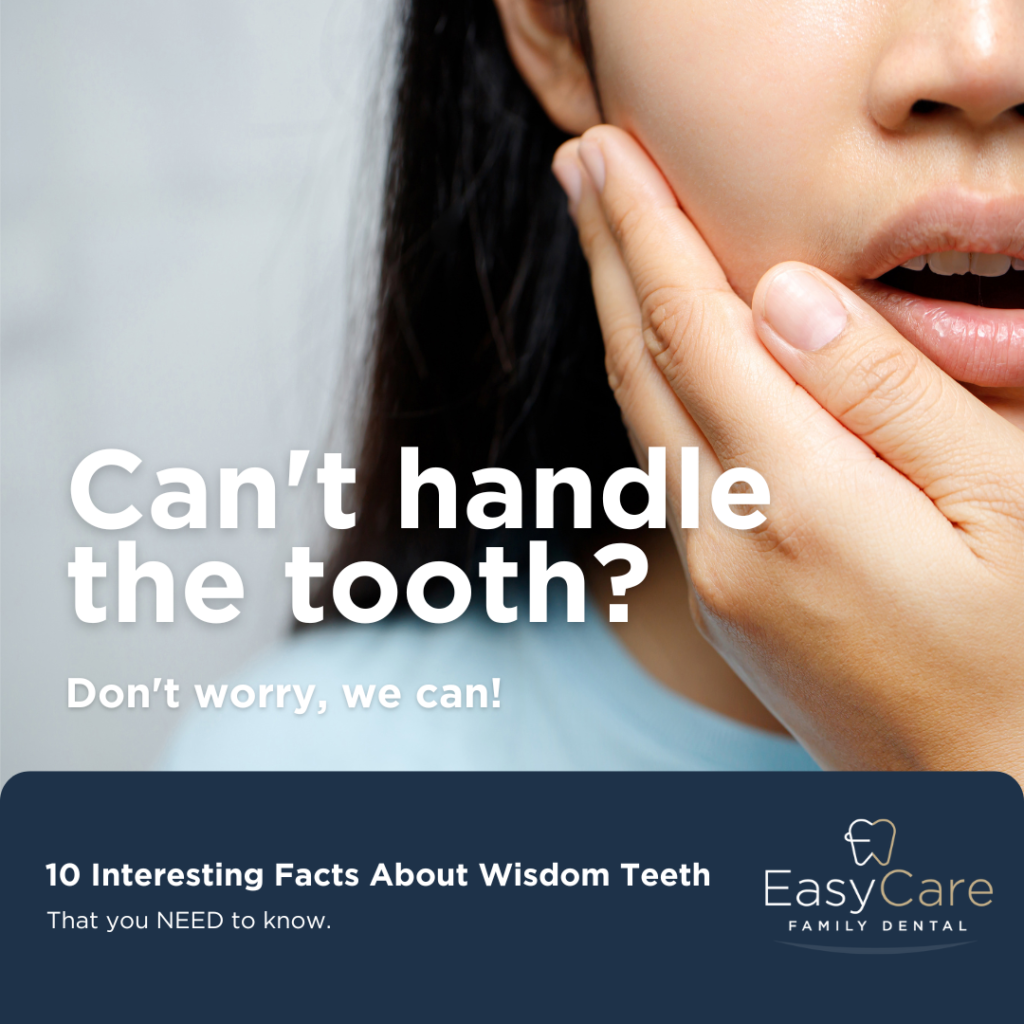Transform Your Dental Experience: Techniques to Conquer Dental Anxiety and Enjoy Stress-Free Visits
Interesting Facts About Dental Anxiety
- Prevalence: Approximately 1 in 6 adults experience dental anxiety.
- Origins: Dental anxiety often stems from negative past experiences, fear of pain, or a sense of loss of control.
- Impact: Avoiding dental visits due to anxiety can lead to significant oral health issues over time.
- Progress: Many modern dental practices now incorporate anxiety-reducing techniques to improve patient comfort.
What Are Some Common Causes of Dental Anxiety?
What Techniques Can Help Individuals Overcome Dental Anxiety?
Creating a Calming Environment at EasyCare Family Dental
Are There Any Sedation Options Available for Patients with Severe Dental Anxiety?
Tips for a Stress-Free Dental Visit
- Choose the Right Dentist: Look for a dentist experienced in handling anxious patients and who creates a welcoming atmosphere.
- Pre-Appointment Preparation: Visit the dental office beforehand to familiarize yourself with the environment and staff.
- Schedule Wisely: Book appointments at times when you are least likely to feel rushed or stressed, such as early in the morning.
- Establish a Signal: Agree on a hand signal with your dentist that you can use to indicate if you need a break during the procedure.
- Stay Informed: Ask your dentist to explain each step of the procedure to alleviate fear of the unknown.
Questions Patients with Dental Anxiety Might Have for Their Dentists
- Q: How do you handle patients with dental anxiety?
- A: We take a compassionate approach, using gentle techniques and offering sedation options to ensure your comfort.
- Q: What are my sedation options?
- A: Options include nitrous oxide, oral sedatives, and intravenous sedation, depending on the level of anxiety and the procedure.
- Q: Can I bring someone with me to my appointment?
- A: Yes, bringing a support person can help you feel more at ease during your visit.
- Q: How can I prepare for my appointment to reduce anxiety?
- A: Practice relaxation techniques, visit the office beforehand, and discuss any specific concerns with us in advance.
- Q: What if I need to take a break during the procedure?
- A: Simply use the agreed-upon hand signal, and we will pause the procedure to ensure you are comfortable.
- Q: Are there specific techniques you use to make procedures more comfortable?
- A: We use gentle techniques, provide thorough explanations, and employ modern tools that minimize discomfort.
- Q: How can I distract myself during the procedure?
- A: You can listen to music, audiobooks, or use guided imagery to help keep your mind occupied.
- Q: What should I do if I feel anxious the night before my appointment?
- A: Engage in calming activities, avoid caffeine, and practice deep breathing exercises to relax.
- Q: How can I build trust with my dentist?
- A: Regular, non-invasive visits and open communication help establish trust and reduce anxiety over time.
- Q: Are there any long-term strategies to overcome dental anxiety?
- A: Yes, consistent positive experiences, cognitive-behavioral therapy, and mindfulness practices can significantly reduce dental anxiety
References
- Beyond Blue: Managing Dental Anxiety
- Australian Dental Association: Anxiety Management in Dentistry
- Dental Health Services Victoria: Oral Health and Anxiety
Dental Anxiety Treatment - Calm, Supportive Care in Brisbane
If you are searching for dental anxiety treatment or an anxiety free dentist in Brisbane, you are not alone. Fear of dental treatment is common and often linked to past experiences, sensitivity, or uncertainty. At EasyCare Family Dental, a trusted dentist in East Brisbane, we focus on clear explanations, gentle techniques, and step-by-step planning so you feel in control throughout your visit.
Many anxiety cases improve significantly with a structured approach under general dentistry, starting with a comfortable examination and dental cleaning at your pace. If urgent pain is contributing to stress, our emergency dental service ensures fast relief before discussing longer-term care. For patients concerned about cosmetic issues affecting confidence, our cosmetic dentistry options can be planned gradually and comfortably.
We also support children and teenagers who feel nervous about dental visits. Visit our kids dental page to see how we create positive early experiences. For practical questions about appointments and planning ahead, review our FAQ and payment plans.
EasyCare Family Dental is located at Suite 103 / 33 Lytton Rd, East Brisbane QLD 4169, directly above Seasons IGA with free undercover parking.


